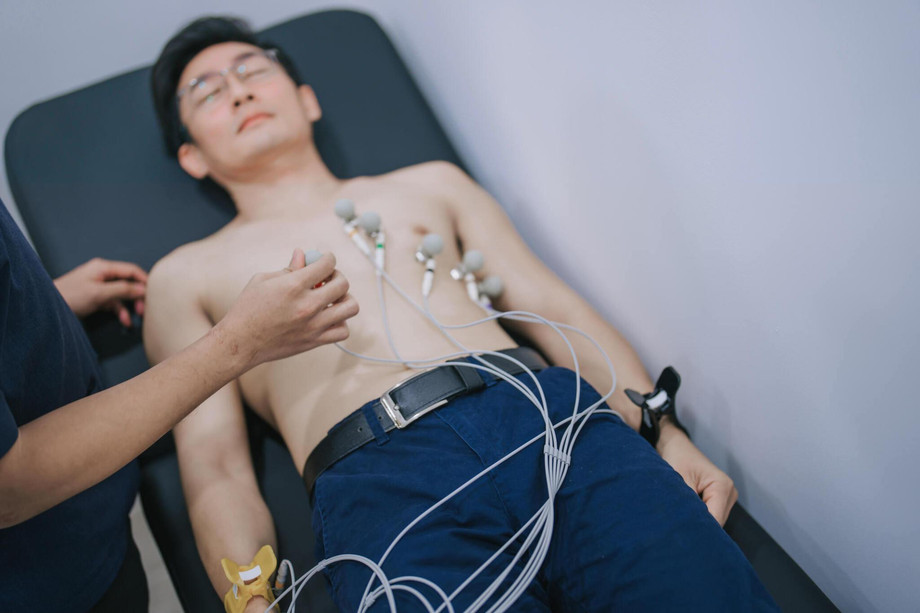Living with Multifocal Atrial Tachycardia (MAT) requires a holistic approach that extends beyond medical interventions. In this article, we explore lifestyle modifications that can help individuals manage their condition effectively and improve their overall quality of life.
1. Heart-Healthy Diet: Adopting a heart-healthy diet rich in fruits, vegetables, whole grains, and lean proteins can benefit individuals with MAT. Limiting intake of saturated fats, refined sugars, and sodium helps maintain cardiovascular health and may reduce the risk of exacerbating arrhythmias.
2. Regular Exercise Routine: Engaging in regular physical activity, as recommended by healthcare providers, promotes cardiovascular fitness and overall well-being. Low-impact exercises such as walking, swimming, or cycling can help strengthen the heart and improve circulation without overly stressing the cardiovascular system.
3. Stress Management Techniques: Stress can trigger or exacerbate MAT episodes. Practicing stress management techniques such as deep breathing exercises, meditation, yoga, or mindfulness can help individuals reduce stress levels and promote relaxation, ultimately benefiting heart health.
4. Avoiding Triggers: Identifying and avoiding triggers that may precipitate MAT episodes is essential. Common triggers include excessive caffeine consumption, alcohol intake, smoking, and certain over-the-counter medications or supplements. Limiting or eliminating these triggers can help minimize arrhythmia episodes.
5. Adequate Sleep: Ensuring adequate and quality sleep is crucial for overall cardiovascular health. Poor sleep habits or sleep disorders can contribute to increased stress and worsen MAT symptoms. Establishing a regular sleep schedule, creating a relaxing bedtime routine, and optimizing sleep environment can promote restful sleep.
6. Medication Adherence: Consistently taking prescribed medications as directed by healthcare providers is paramount for managing MAT effectively. Skipping doses or discontinuing medications without medical supervision can lead to uncontrolled arrhythmias and complications. It's essential to communicate any concerns or side effects to healthcare providers promptly.
7. Regular Monitoring and Follow-Up: Maintaining regular follow-up appointments with healthcare providers allows for ongoing monitoring of MAT symptoms and treatment efficacy. Healthcare providers may adjust medication dosages, recommend additional tests, or introduce new treatment modalities as needed to optimize management.

